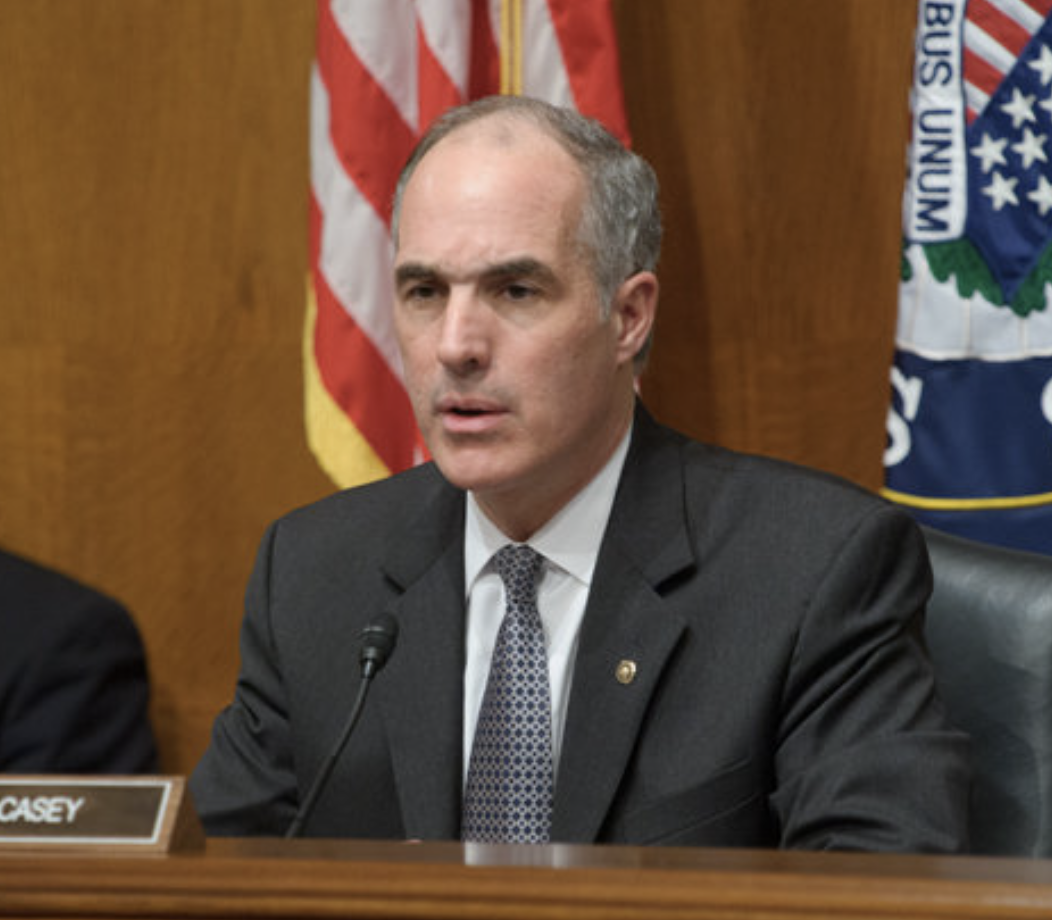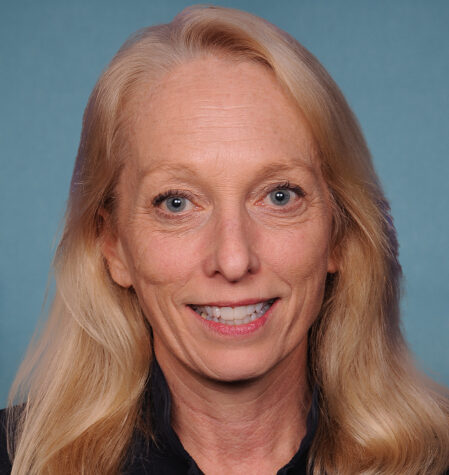This article first appeared in Broad + Liberty Sen. Bob Casey (D) is refusing to add any explanation or clarification to his legally required disclosure of a stock sale which clearly appears to have been filed well outside of the mandatory 45-day reporting window. The delayed reporting raises numerous ethical questions, especially given that in between the […]


